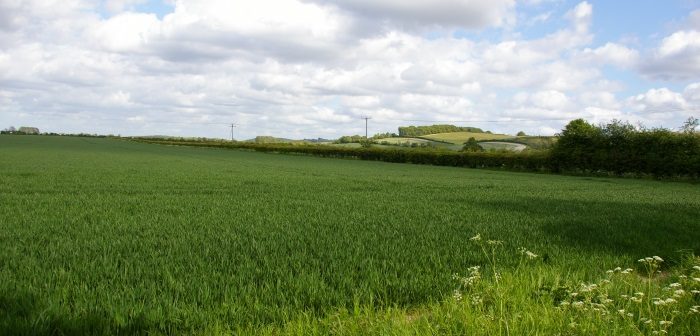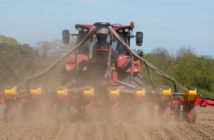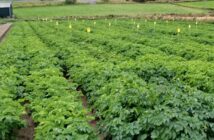Black-grass requires a three-pronged attack to promote and develop sustainable management solutions, according to the main findings arising from an AHDB-funded workshop.
Organised by the BBSRC/AHDB Black-Grass Resistance Initiative (BGRI), the workshop united farmers, industry and researchers to help concentrate the UK’s black-grass management efforts.
Three areas of focus were identified at the workshop: Targeted farmer-to-farmer learning, to optimise management systems in the short term; focused applied research, to provide integrated management solutions in the medium term; and fundamental research, to develop game-changing technologies in the long term.
Coordinated thinking
Dr Paul Gosling, who manages weed research at AHDB, said: “The headline grabbing topic of black-grass has fuelled multiple of avenues of research, conducted within the UK and overseas.
“But this research effort has lacked coordination, meaning progress on managing black-grass has often been too slow and too erratic.
“The BGRI sought to address this with its multidisciplinary approach, by bringing people together with significant experience of tackling black-grass, from the field to the laboratory, to talk freely and extend the BGRI collaboration ethos right across the industry.”
Targeted farmer-to-farmer learning
In the short term, it was concluded that ‘persistent messaging’ of evidence-based recommendations is required to give growers the confidence to use current management tools.
More effective seed bank and long-term population management was seen as a particular priority, which could be achieved through the increased adoption of weed monitoring and mapping techniques, in conjunction with a greater use of resistance diagnostics and testing. It was felt that such information could be used to target late drilling, variable seed rates and spring cropping approaches in the worst affected parts of the farm.
Farmer-to-farmer learning was considered as being particularly valuable to help promote new ways of working, especially on heavy land (where management is particularly challenging) and in strategically important areas to reduce further black-grass spread.
Focused applied research
In the medium term, with complete management of black-grass an unlikely scenario, it was recommended that ways to reduce, rather than eliminate, the weed burden should be the focus of applied research, in particular:
Diagnostics – to further develop lab- and field-based diagnostics for both target-site and non-target-site resistance
Alternative cropping – to understand the impact of spring cropping on black-grass germination, the role of cover crops, the potential of varieties to supress weeds and allelopathy
Dormancy – to account for seasonal effects and to find ways to promote synchronous germination
Seed destruction and capture – to investigate the potential of ‘weed surfing’, late-season herbicide applications and harvest weed seed control
The need to quantify the economic efficacy of approaches, when used on their own and in combination, across a range of common soil types, was also considered extremely important to help farmers judge which techniques are viable in their systems.
Develop game-changing technologies
In the long term, it was concluded that ‘game-changing’ technologies are needed to reverse the spread of resistant black-grass in the UK.
Dr Paul Neve, who is a principal investigator for BGRI at Rothamsted Research, said: “There are some really exciting, yet high-risk, high-reward, developments in the pipeline.
“Many of these capture the value in emerging areas of science, such as weed genomics, diagnostics, remote sensing, and big data and modelling applications.
“These long-term solutions may be years away, and, until then, it is all about the hard graft associated with combining multiple approaches to keep a lid on the problem.”
The workshop took place on 13 to 14 December 2016 at Rothamsted Research, which receives strategic funding from the BBSRC.




